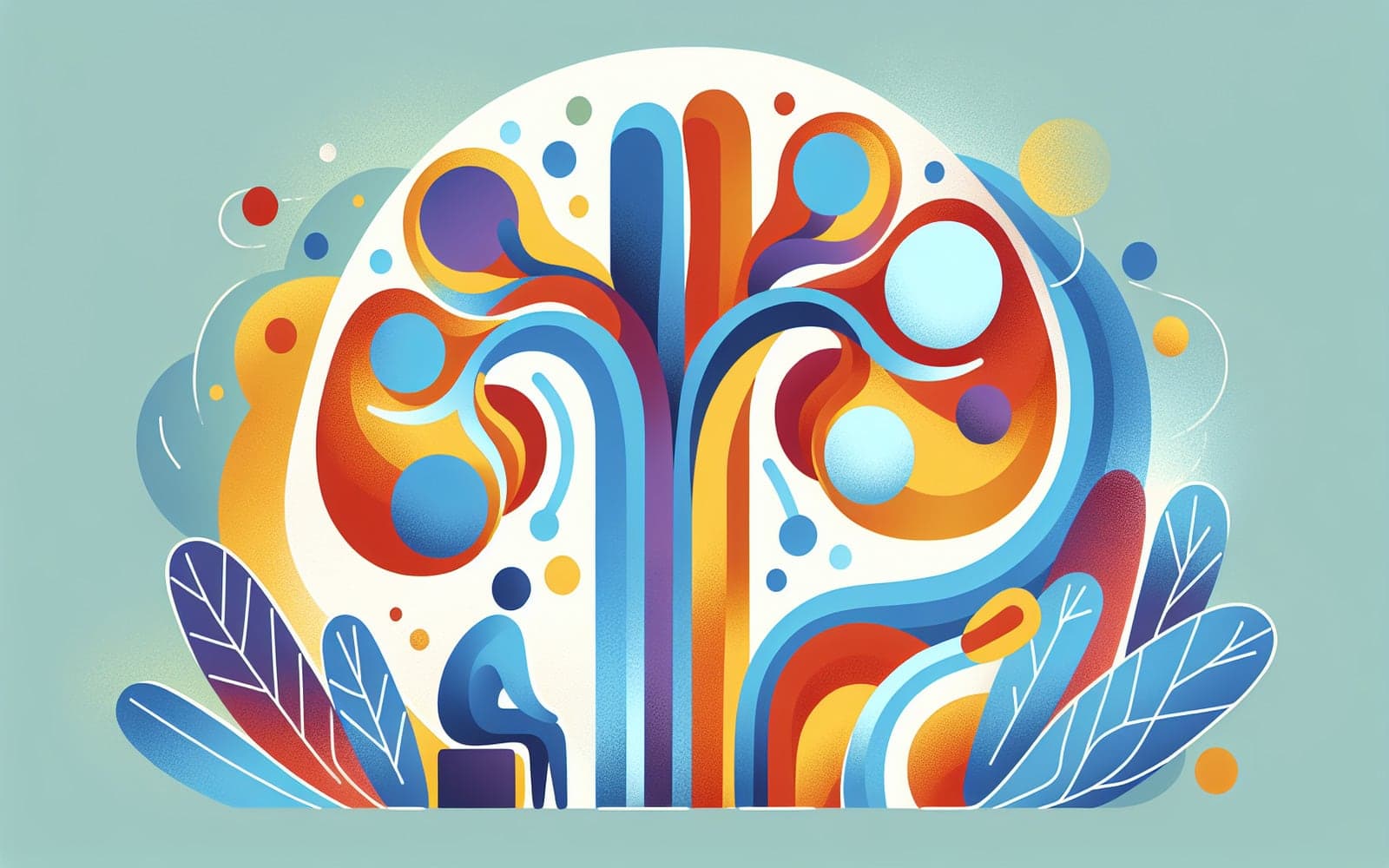Kidney Stones: What You Need to Know About This Painful Condition
Published: May 10, 2024

Medically reviewed by Oghenefejiro Okifo | MD, Harvard Medical School | Henry Ford Hospital - Detroit, MI on May 10th, 2024.
Kidney stones are hard deposits that form in the kidneys. They can cause severe pain and other complications if left untreated.
Contents
What Causes Kidney Stones?
Kidney stones form when certain substances in your urine become too concentrated. Common culprits include calcium, oxalate, and uric acid. Factors like not drinking enough water, eating a high-salt diet, or having certain medical conditions can increase your risk. Think of it like making rock candy - when there's too much sugar in the solution, crystals start to form.
Symptoms to Watch For
The hallmark symptom of kidney stones is severe pain in your side, back, or lower abdomen. You may also experience nausea, vomiting, and blood in your urine. Some people describe the pain as worse than childbirth. If you have these symptoms, seek medical attention right away.

Diagnosis and Treatment
Doctors diagnose kidney stones using imaging tests like CT scans or ultrasounds. Blood and urine tests can help determine the stone's composition. Treatment depends on the size and location of the stone. Small stones may pass on their own with pain medication and lots of fluids. Larger stones may require procedures to break them up or remove them.
Frequently Asked Questions
About 1 in 11 Americans will have a kidney stone in their lifetime.
Yes, through diet changes and increased fluid intake.
No, some small stones may not cause noticeable symptoms.
Key Takeaways
While painful, kidney stones are treatable and often preventable with lifestyle changes.
If you're concerned about kidney stones, talk to Doctronic about your risk factors and prevention strategies.Related Articles
References
Qaseem A, et al. Dietary and pharmacologic management to prevent recurrent nephrolithiasis in adults: a clinical practice guideline from the American College of Physicians. Ann Intern Med 2014; 161:659.
Fink HA, et al. Medical management to prevent recurrent nephrolithiasis in adults: a systematic review for an American College of Physicians Clinical Guideline. Ann Intern Med 2013; 158:535.
This article has been reviewed for accuracy by one of the licensed medical doctors working for Doctronic. Always discuss health information with your healthcare provider.

